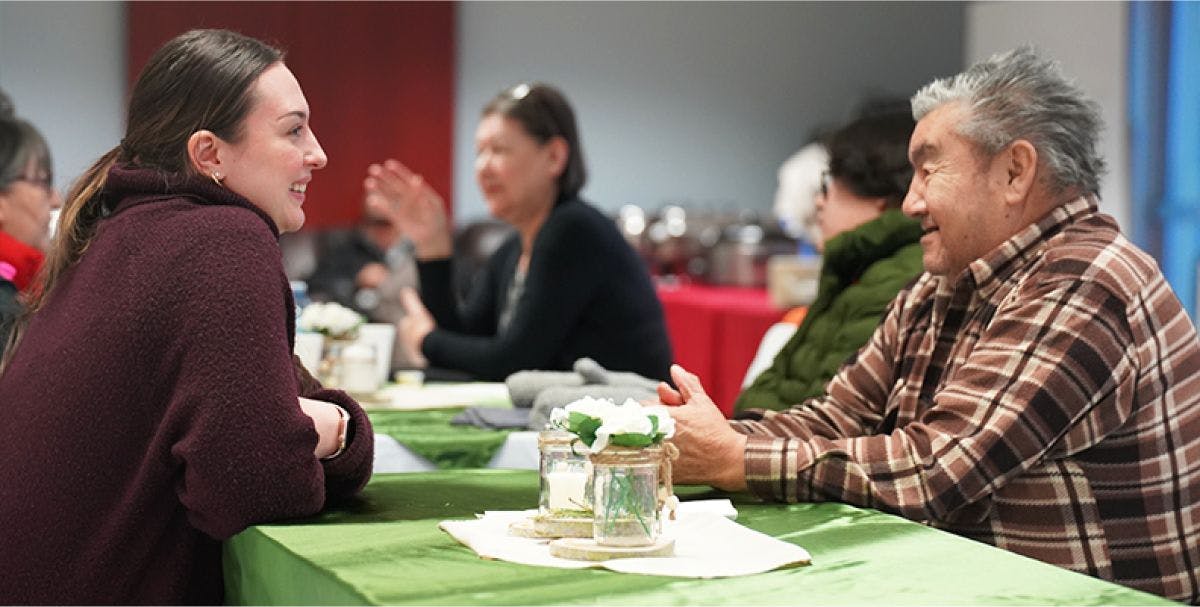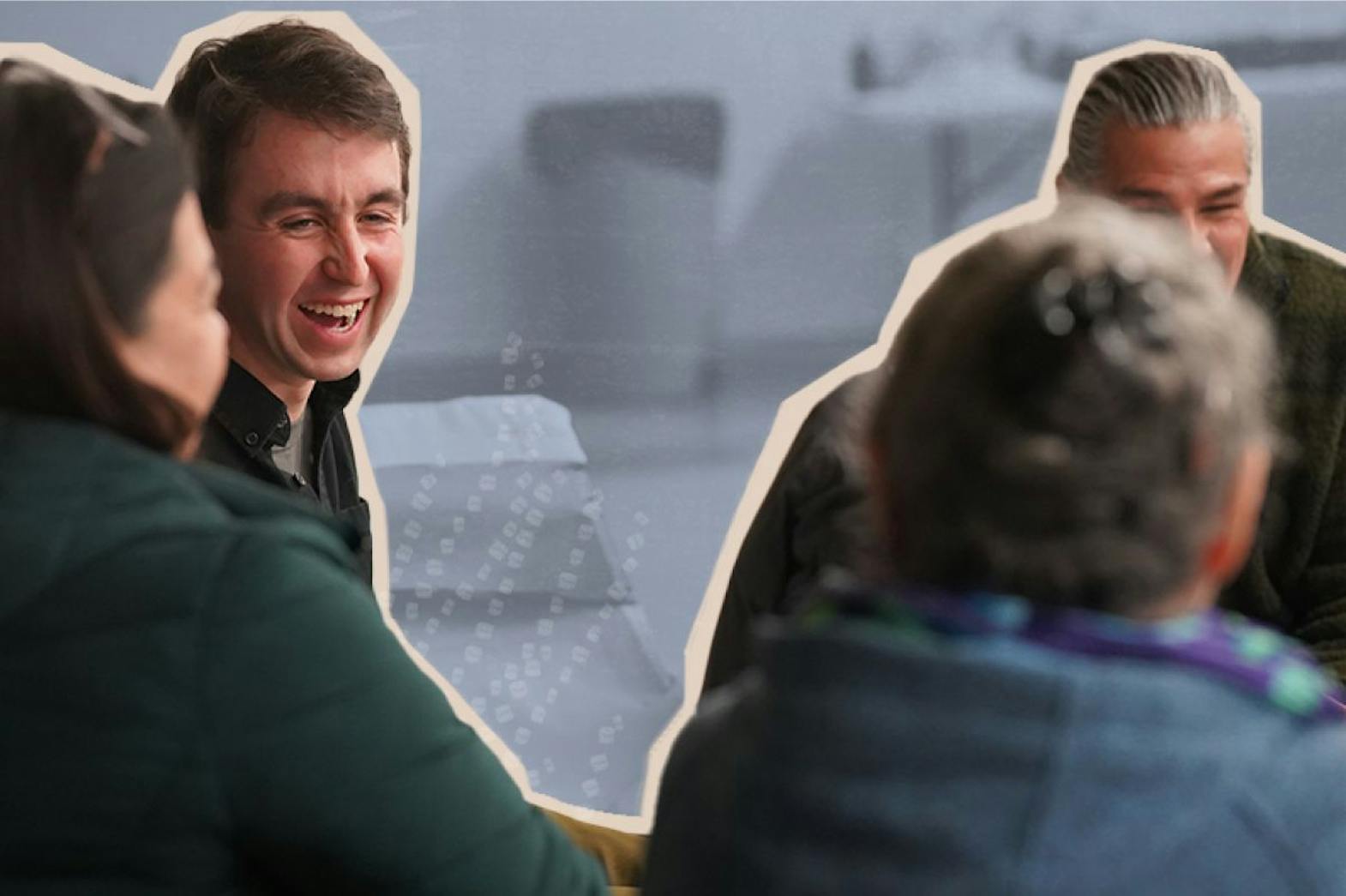Community engagement is a complex, messy thing.
There are many different opinions in the literature and by no means is there a consensus on what is good or bad. Over the past months, there have been many instances of community engagement gone wrong, where planners and municipal staff have been attacked both verbally and physically. It has gotten so bad that the Canadian Institute of Planners issued a joint statement condemning the violence and the ongoing misinformation campaigns feeding into hysteria.
I suspect that the rising intensity that we are seeing is the result of a sense of powerlessness for what is happening in communities. This can happen when community engagement does not seek to bring everyone together to have meaningful conversations.
Engagement for the sake of engagement does not serve anyone. It checks a box that says engagement was done and little effort was put into listening to people. Engagement must be both deliberate and purposeful. Purpose varies, but community engagement must allow for the sharing of wisdom, knowledge, and information, designed to inform the outcome.
Community engagement needs to be authentic. People must be listened to and shown how their knowledge has been incorporated into the final outcomes. Authenticity allows people to feel connected to what is happening in the community.

Through authenticity we build trust. Trust is the cornerstone of community engagement and is the most fragile. Trust takes time to build and comes from continual commitment to a good outcome. Trust cannot be built through processes that seek to exploit unfairness.
Trust only comes about when we have inclusive approaches that seek to bring everyone to the table. Space must be made for those that have been historically left out and deliberately excluded from the table and allow their voice and their power to be recognized.
When we enter communities, we have a sacred responsibility. We ask people to share with us their thoughts, wisdom, fears, and their hopes. Community engagement can be a deeply personal and intimate moment. A trauma-informed process, one that seeks to meet people on their terms, and allows them to guide the process at their comfort is essential.
I put these ideas forward as a starting point for us to reimagine community engagement as a way of building better consensus and better outcomes for everyone involved, and to further conversations on how we can have more meaningful conversations.




